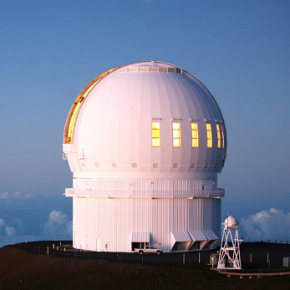A new European network combining optical and radio astronomy technology research
The European astronomy community has been granted 15 million euros by the EU H2020 programme to improve how radio and optical telescopes work together. With this funding, the community has decided to create the OPTICON-RadioNet PILOT network (ORP) in order to harmonise the observation methods and tools of radio and optical instruments on the ground, and to support improved access to a wider range of astronomy facilities. The ORP will build on the success of the OPTICON Telescopes network for medium size telescopes and the RadioNet network for radio facilities. Astronomers from 15 European countries, Australia and South Africa and 37 institutions have joined the ORP consortium.
As modern astronomy makes increasing use of coordinated observations from many telescopes at all wavelengths, the time has come to bring together the OPTICON and RadioNet networks that have successfully animated their respective communities for decades. The CNRS, which pilots and contributes to several optical and radio telescopes in France and around the world, will be responsible for this coordination.
As our knowledge of the Universe becomes more advanced, astronomers need a range of different techniques to be able to understand different celestial events as they unfold. Thanks to this new network, observation techniques and methods will be improved and harmonised, and the access to the telescopes as well as the training of the new generations will be facilitated.
Multi-messenger astronomy, as it is called, spanning many wavelengths, and beyond to gravitational waves, cosmic rays, and neutrinos, and highly variable and transient sources, is making dramatic advances. Reducing barriers between communities will facilitate its development and enable new discoveries. This EC-funded new partnership of the optical-infrared and radio astronomy communities, centred in Europe but spanning the world, is a valuable step towards that future, allowing more and better science by and for everyone.
